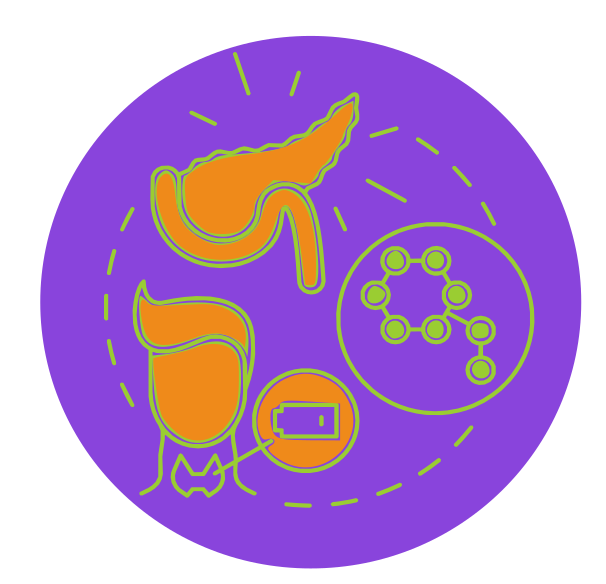| Name | Hormonal Disorder |

Hormonal Disorder
What is Hormonal Disorder?
Hormones are special proteins made in our body that help the organs and muscles to perform certain functions. They control physical growth, reproduction, sexual activity, emotions and the body's ability to absorb and use nutrients. Hormonal problems are defined as hormonal imbalances, which means that the level of hormones in your body is too high or too low in comparison to the normal level.
Symptoms of hormonal problems
The symptoms of hormonal problems usually depend on the type of hormone and the nature of the imbalance. You may experience some of these symptoms which may not be faced by others. Hormonal problems are more common in women than in men. The following are some of the common symptoms of hormonal imbalance:
- Women with irregular (frequent, infrequent or absent) or heavy menstruation
- Excessive hair growth on face, chest, abdomen or back
- Hair loss or thinning
- Weight gain or loss
- Acne
- Indigestion
- Constipation or diarrhea
- Darkening of the skin around the groin, under the breast and at the crease of the neck
- Leather tags
- Infertility
- Uterine bleeding (not due to menstruation)
- Breast tenderness
- Osteoporosis
- Vaginal dryness
- Vaginal Atrophy
- Changes in sex drive
- Pain during sexual intercourse
- Fatigue
- Night sweats
Causes of hormonal problems
There is no specific cause for hormonal problems. Rather, hormonal problems can be attributed to other diseases where there is a hormonal imbalance that affects the reproductive system or thyroid. Some common hormones that can play a role in causing hormonal problems in women such as:
- Insulin
- Androgens and other steroid-type hormones
- Thyroid hormone
Other factors that can cause hormonal disorders include:
- The presence of tumours
- Usage of drugs
- Chromosomal defects
- Exposure to chemotherapy, radiation and other toxins
- Inflammation
- Autoimmune Disease
Risk factors
Among the factors that can affect your hormone levels are:
- Genetics: Some hormonal disorders are related to genetic mutations that are hereditary. Diabetes and Polycystic Ovary Syndrome (PCOS) are two hormone-related diseases that may be related to genetics.
- Age: A woman's hormone levels change throughout her life. For example, a woman's estrogen levels drop around the time of menopause.
- Ethnicity: For whatever reason, women of certain races may be at high risk for hormonal problems. For example, Mediterranean, Middle Eastern and South Asian women are at higher risk of hirsutism.
- Drug-induced: Some drugs, including steroids, affect hormone production and secretion.Weight: Obese women may be at higher risk for hormonal disorders.
- Ovarian Surgery: Women who have had ovarian surgery have an increased risk of developing early ovarian insufficiency.
- Tumours: Tumors in the ovaries or adrenal glands can cause the glands to secrete excess androgens. Androgens are commonly called "male hormones", although they are present in both males and females. Androgens are responsible for many characteristic masculine features, including facial hair and deep voice.
Prevention
In general, the cause of hormonal problems can not be controlled. But it is important to live a healthy lifestyle that includes fresh and healthy food and plenty of exercises which help to maintain the balance of hormonal level. This will help balance insulin levels and other hormones and maintain a healthy weight. You should also quit smoking.
If you have a hormonal imbalance, be sure to talk to a doctor.

 Bangla
Bangla English
English